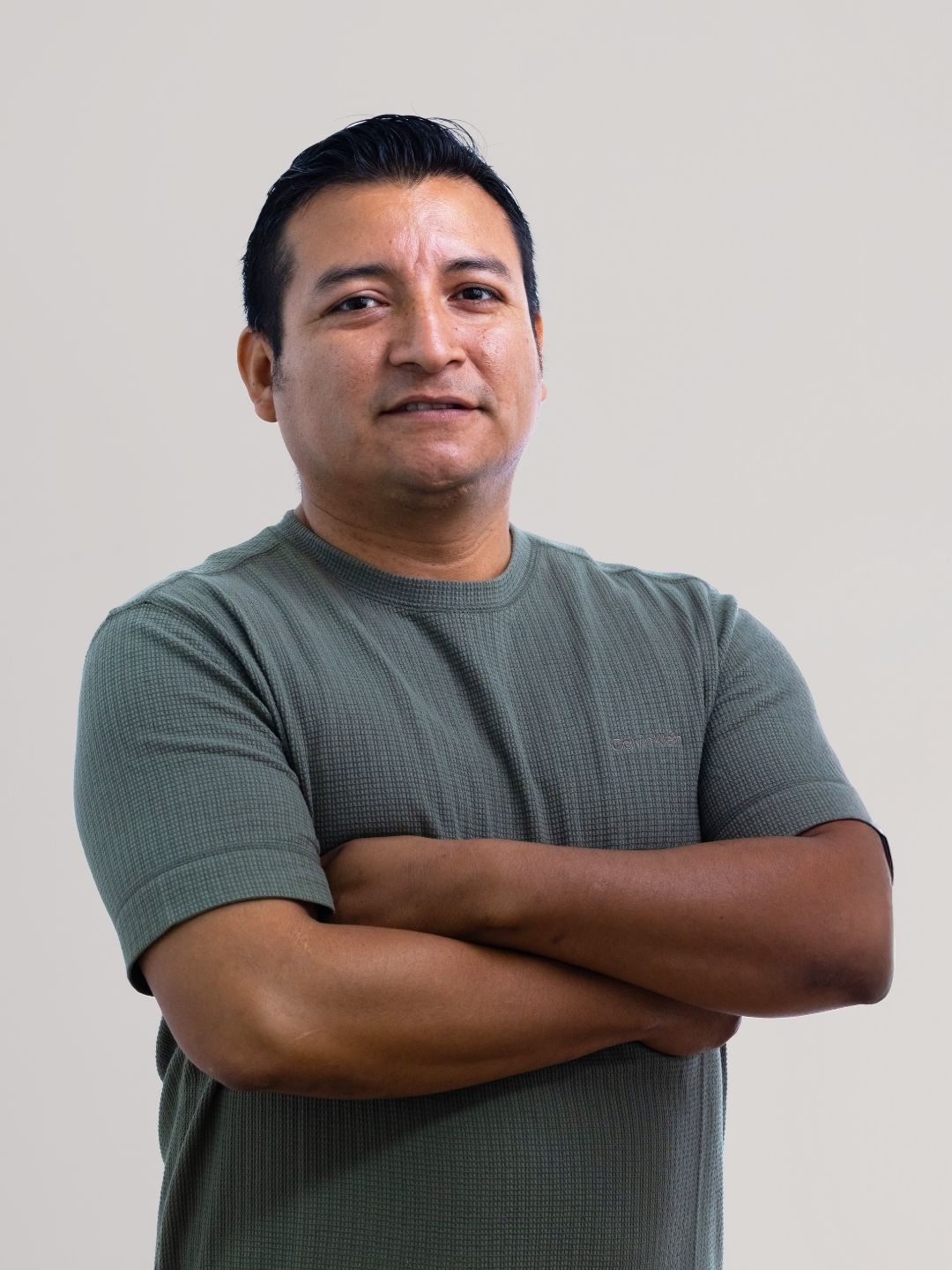Carlos Olivares
Fisheries Health Formalization Specialist

Carlos Enrique Olivares Bernal has been working as a Fisheries Health Formalization Specialist for the Marine Governance Program of the Peruvian Society for Environmental Law since 2022.
Carlos holds a degree in Fisheries Engineering from the National University of Piura, is a member of the Peruvian Institute of Fisheries Engineers (CIP) with registration number 154705, and has a PhD in Environmental Sciences and a Master’s degree in Environmental Engineering and Industrial Safety. He is currently completing a master’s degree in Public Management and is a professor at the Faculty of Fisheries Engineering at the National University of Piura. He specializes in Fisheries Law, Fisheries and Aquaculture Business, Health Legislation, Risk-Based Process Management, and Occupational Health and Safety.
He has 16 years of experience in the fishing sector and has worked as Regional Coordinator of the Ministry of Production’s Eat Fish Program, Scientific Analyst of artisanal fisheries at IMARPE, and Health Inspector at the National Fisheries Health Agency, where he carried out formalization, control, and inspection activities with various actors in the fisheries production chain under the regulatory and normative aspects of the activity, quality control, and value chains. He also worked at Shellcacth INC. As director of fishing operations and traceability marketing projects in Peru, he is constantly involved in artisanal fishing villages in the north and center of the country and with artisanal fishermen’s associations to reduce the vulnerability of fishing communities to the impacts of climate change on the coastal marine ecosystem, with a focus on responsible and sustainable fishing.
As a specialist in fisheries health formalization, he is currently implementing and developing strategies to achieve fisheries health formalization for the various actors in the fisheries production chain.
In the project “Involving the fishing sector to reduce illegal, unreported, and unregulated fishing in artisanal fisheries in Peru,” more than 80 fishing vessels engaged in hake fishing in northern Peru are being brought into compliance with health regulations.
In the project “For Fishing,” more than 300 artisanal fishing vessels are being certified for health and safety.
Between 2023 and 2026, more than 500 artisanal fishermen were trained in good practices for handling and preservation on board, hygiene and sanitation programs, and fishing health regulations.
He collaborated in the drafting of the fishing health section of the Formalization Guide for artisanal fishing, mini-documentaries, and videos made by SPDA.
Contact: colivares@spda.org.pe